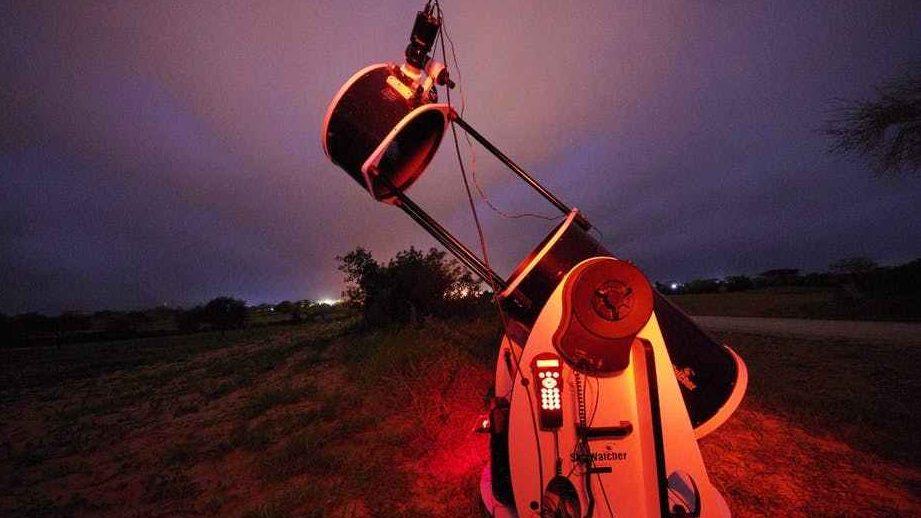A few factors were taken into consideration. These included security conditions, climatic conditions at that time of year, the existence of potential scientific partners, and what facilities were available.
Senegal has made great strides in astronomy and planetary sciences in recent years. That’s been largely driven by the Senegalese Association for the Promotion of Astronomy, led by Maram Kaire. Some Senegalese researchers are also involved in the African Initiative for Planetary and Space Sciences, which I head up.
And so, NASA focused its efforts in Senegal. It sent 21 teams to the country, and six to Columbia, which had less favorable climatic conditions. One team, composed of Algerian astronomers from the Centre de Recherche en Astrophysique et Géophysique, also attempted to observe the occultation in the south of Algeria.
